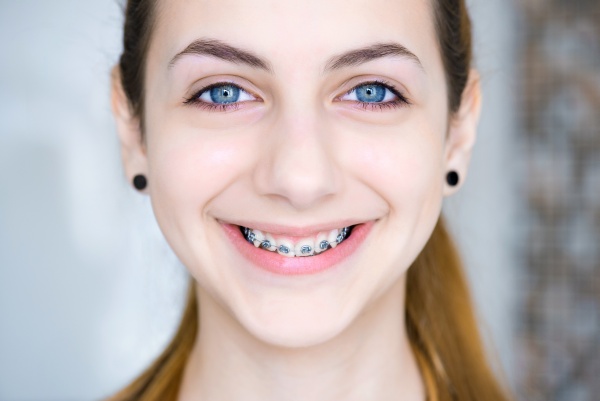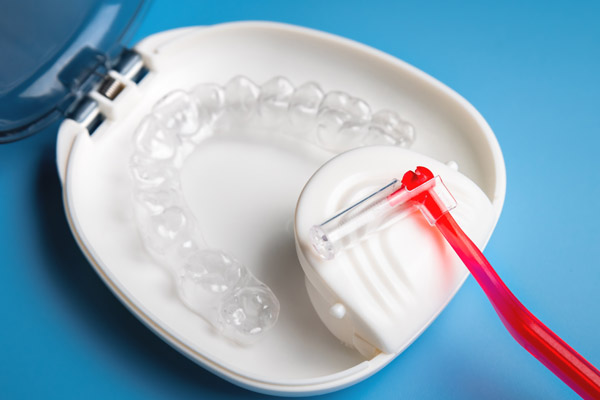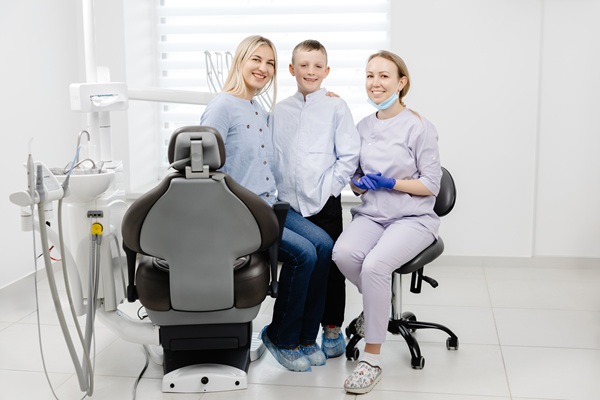Are Clear Aligners Better Than Braces?

Clear aligners are becoming increasingly popular as a teeth straightening option. They are very effective when it comes to straightening teeth and allow people to do so discreetly. This is a common reason people choose them over traditional braces.
Are clear aligners as effective as traditional braces?
Before exploring the differences between the two appliances, it is important to get a better understanding of them.
What are traditional braces?
Traditional braces are used to correct alignment problems, crowded teeth, irregular spacing, crookedness and protrusions. Dentists use metal brackets, which are made from stainless steel or titanium, to fix the problem with the teeth. In the past, the braces used to be bigger, which made them more noticeable. But these days, they are smaller and less noticeable. Traditional braces are recommended by dentists when it comes to fixing serious problems with the teeth because they work better in some cases than the alternatives.
Patients who are allergic to metal or just do not want their braces to be noticeable can ask their dentist for ceramic braces. Ceramic braces are much smaller than metal braces. The wires, which are used to hold the brackets in place, are usually made from titanium or titanium alloys. They can be color-matched to the teeth to make them blend in. Unlike metal braces, which can be used for years, ceramic braces are designed for shorter treatments.
What are clear aligners?
Clear aligners provide an alternative to getting braces. They do most of the work traditional braces do without people noticing them. Due to their effectiveness and the fact that they allow people to fix their teeth discreetly, clear aligners have become very popular.
The process starts with the dentist making a 3D impression of the teeth and mouth. It is then sent to a laboratory, where technicians will create a computer-generated projection of how the teeth will gradually straighten out with the aid of the aligner. Once the patient and dentist approve the treatment plan, trays of aligners are created for the patient to use and replace every two weeks.
What are the main differences between traditional braces and clear aligners?
Traditional braces are bonded on the teeth and can only be removed by the dentist. That makes it hard to practice good oral hygiene because the brackets get in the way while the patient tries to brush their teeth. Clear aligners are removable, which allows patients to brush their teeth regularly and floss properly.
Eating with traditional braces is uncomfortable because food particles get stuck in the wires and are difficult to remove. Eating is also easier with clear aligners because they can be taken out before eating. This allows patients to eat what they want without worrying about the food getting stuck in the braces. Since they are removable, they can also be taken out to clean them regularly.
Traditional braces are more effective in fixing crooked teeth because the wires are used to gradually shift the teeth in place. When it comes to appearance, clear aligners have the advantage because they are almost impossible to notice while traditional braces are very noticeable.
Conclusion
If your teeth are crooked and you are thinking of getting braces to fix the problem, this comparison of traditional braces and clear aligners should help to make the choice easier.
Request an appointment here: https://whiteflintfamilydental.com or call White Flint Family Dental at (301) 273-1085 for an appointment in our Rockville office.
Check out what others are saying about our services on Yelp: Read our Yelp reviews.
Recent Posts
If your son or daughter is concerned about crooked teeth or a bad bite, you may want to consider Invisalign® for teens. This is an alternative to metal or ceramic braces, and it has numerous benefits, especially for those who are self-conscious about how they look. There are various reasons why Invisalign may be the…
Visiting a new dental office can be a daunting experience, especially for those unsure of what to expect during their first appointment. Whether you seek general, cosmetic, or pediatric dental care, understanding what happens during a first visit can help reduce anxiety and ensure a smooth experience. A dental office visit typically includes an initial…
A general dentist is often the first to inform parents that a teenage patient needs braces. As an orthodontic option, Invisalign® for teens can produce results in just a few months with minimal discomfort. This process can work to straighten teeth that are out of line, crooked, or twisted, and there may be no need…
Invisalign® for teens can offer adolescents a more comfortable and more discreet option for straightening their teeth. For years, braces were one of the only options for effectively treating a crooked smile. Even though Invisalign® has been providing an alternative for decades, some people may not be familiar with who it is for and how…


